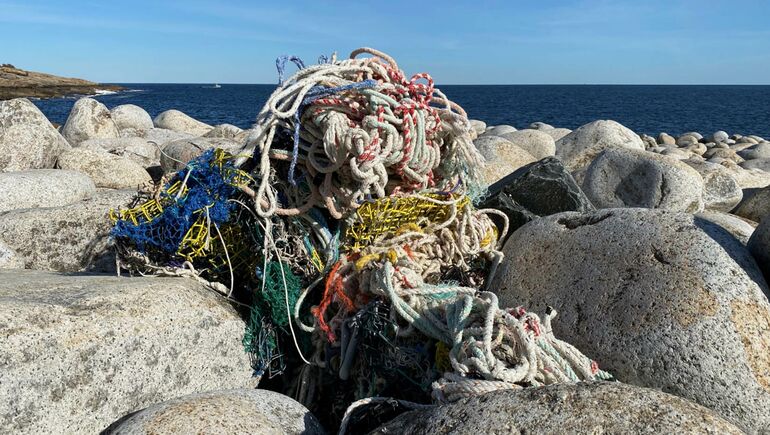Processing Your Payment
Please do not leave this page until complete. This can take a few moments.
- News
-
Editions
-
- Lists
-
Viewpoints
-
Our Events
-
Event Info
- Women's Leadership Forum 2025
- On the Road with Mainebiz in Bethel
- Health Care Forum 2025
- On The Road with Mainebiz in Greenville
- On The Road with Mainebiz in Waterville
- Small Business Forum 2025
- Outstanding Women in Business Reception 2025
- On The Road with Mainebiz in Bath
- 60 Ideas in 60 Minutes Portland 2025
- 40 Under 40 Awards Reception 2025
- On The Road with Mainebiz in Lewiston / Auburn
- 60 Ideas in 60 Minutes Bangor 2025
Award Honorees
- 2025 Business Leaders of the Year
- 2024 Women to Watch Honorees
- 2024 Business Leaders of the Year
- 2023 NextUp: 40 Under 40 Honorees
- 2023 Women to Watch Honorees
- 2023 Business Leaders of the Year
- 2022 NextUp: 40 Under 40 Honorees
- 2022 Women to Watch Honorees
- 2022 Business Leaders of the Year
-
-
Calendar
-
Biz Marketplace
- News
-
Editions
View Digital Editions
Biweekly Issues
- April 21, 2025 Edition
- April 7, 2025
- March 24, 2025
- March 10, 2025
- Feb. 24, 2025
- Feb. 10, 2025
- + More
Special Editions
- Lists
- Viewpoints
-
Our Events
Event Info
- View all Events
- Women's Leadership Forum 2025
- On the Road with Mainebiz in Bethel
- Health Care Forum 2025
- On The Road with Mainebiz in Greenville
- On The Road with Mainebiz in Waterville
- + More
Award Honorees
- 2025 Business Leaders of the Year
- 2024 Women to Watch Honorees
- 2024 Business Leaders of the Year
- 2023 NextUp: 40 Under 40 Honorees
- 2023 Women to Watch Honorees
- 2023 Business Leaders of the Year
- + More
- 2022 NextUp: 40 Under 40 Honorees
- 2022 Women to Watch Honorees
- 2022 Business Leaders of the Year
- Nomination Forms
- Calendar
- Biz Marketplace
New program to help prevent ocean trash, promote sustainable packaging
 Courtesy / University of Maine
Federal money will go toward removal of derelict fishing gear and other marine debris.
Courtesy / University of Maine
Federal money will go toward removal of derelict fishing gear and other marine debris.
It’s estimated there are at least 50 trillion pieces of plastic and microplastics in the ocean, and a new initiative is underway to help tackle the problem in Maine.
The Maine Sea Grant College Program, University of Maine researchers and statewide partners will receive funding to address the prevention and removal of marine debris in the Gulf of Maine. The problem will be addressed from three directions: promoting sustainable packaging, getting rid of derelict fishing gear and repurposing materials from ghost traps.
“Marine debris negatively impacts our coastal communities, marine wildlife and iconic ocean vistas — things we consider special about our state,” Maine Sea Grant Director Gayle Zydlewski said in a news release. “Whether it’s preventing debris from going into the ocean or getting it out, we need to tackle this issue from multiple directions and perspectives.”
Sustainable packaging
The partners will be awarded $3 million to lower the barriers for companies to enter the sustainable packaging market and understand slow resource loops that help reduce the inflow of plastics to the ocean.
The project aims to reduce the burden of marine debris on human communities and coastal ecosystems in Maine, specifically honing in on the Gulf of Maine. The Gulf is where the impacts of marine debris are disproportionately borne by small, rural coastal and island communities with limited capacity to support costly solid waste management and conservation planning initiatives.
“I hope this project will generate new packaging materials that come from Maine’s forests and oceans and are sustainable, can be recycled, and break down in the environment,” said Douglas Bousfield, who leads the project for the University of Maine.
The project will explore reusable containers that minimize the use of materials and energy.
“Our work should break down the technical and social barriers to using these new packaging materials and present opportunities for companies to supply or use new packaging systems,” Bousfield said.
Derelict fishing gear
An award of $156,150 will help form a coalition that will co-develop the first organized outreach campaign to Maine’s recreational boaters and commercial fishing vessels on preventing derelict fishing gear and other marine debris.
Marine debris results in losses to the local lobster industry and has economic and environmental impacts on vulnerable communities, according to the release.
Communications will be shared with local, regional and national networks.
“We’re hoping to address the issue of marine debris before it makes it to the ocean, with education and awareness,” said Keri Kaczor, a project lead for Maine Sea Grant
Ghost trap problem
Maine Sea Grant, Haystack Mountain School of Crafts and project partners will be awarded $299,700 to facilitate the recovery, recycling and re-fabrication of marine debris material in the Gulf of Maine, such as ghost lobster traps and derelict aquaculture farming gear, into new products with creative and practical applications.
Ghost traps are those that remain on the seafloor because the buoy lines that allow them to be raised to the ocean’s surface have been severed.
The partnership will connect Maine high school students and professionals with professional development and networking opportunities to collaborate on new applications and markets for marine debris.
“In particular, we’re excited to network with high school students involved in fabrication and 3D printing classes,” said Dana Morse, a project lead for Maine Sea Grant. “The more people we have working together, the better it will be for Maine’s coastal communities and marine-based industries.”
Nationwide, 29 projects were recommended for approximately $27 million in total funding. Projects were competitively selected through two opportunities supported by the federal Bipartisan Infrastructure Law, leveraging funds from the Inflation Reduction Act.














0 Comments